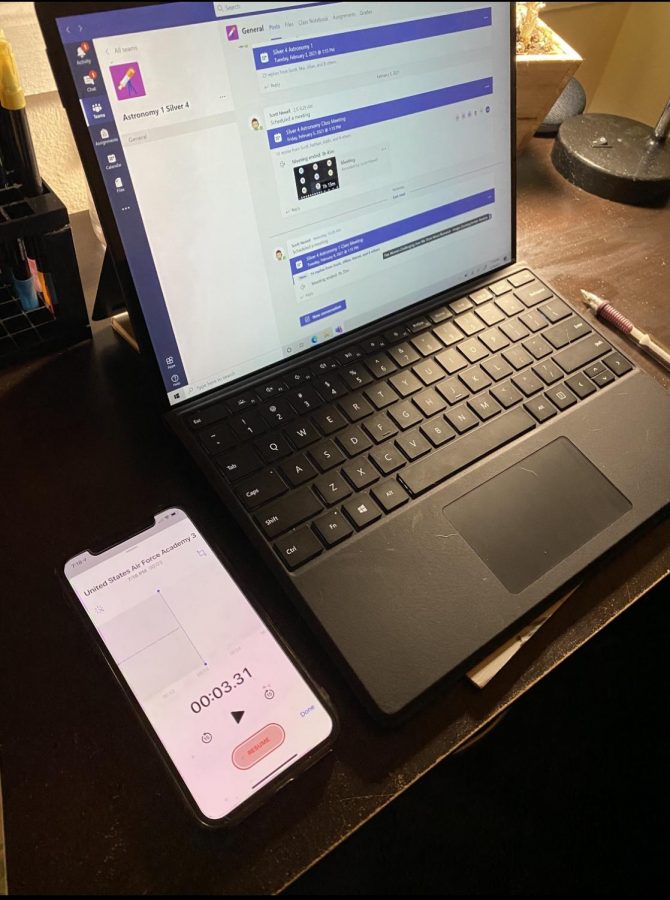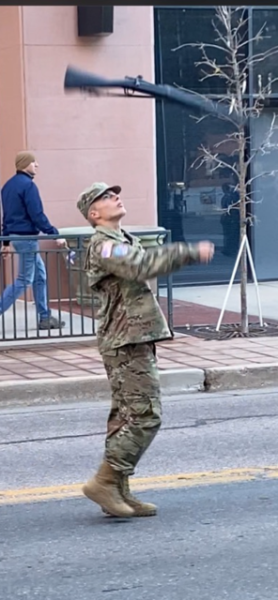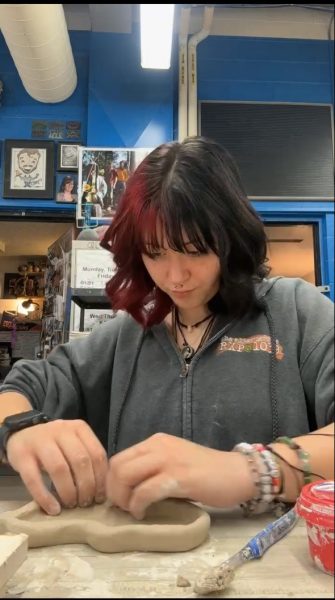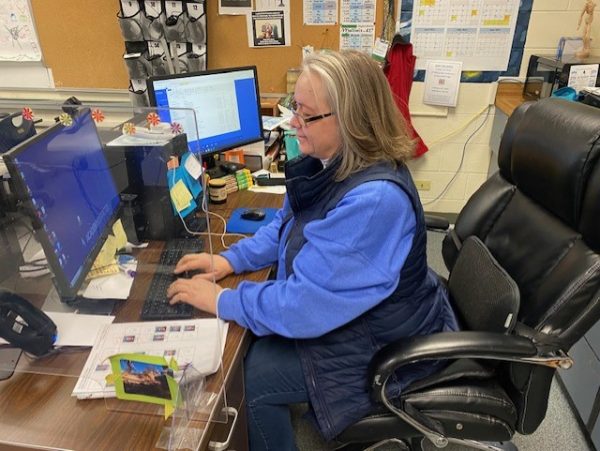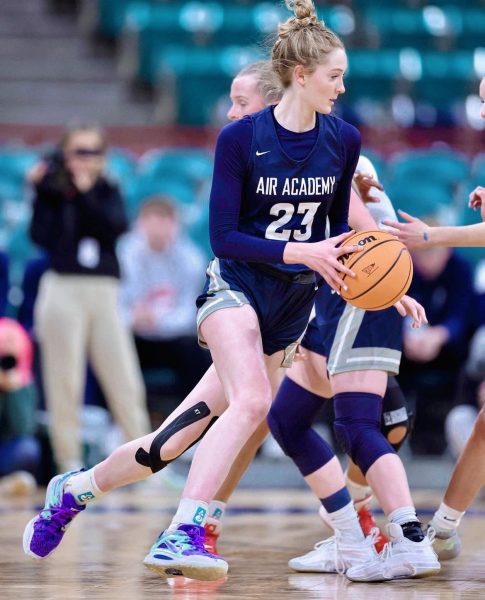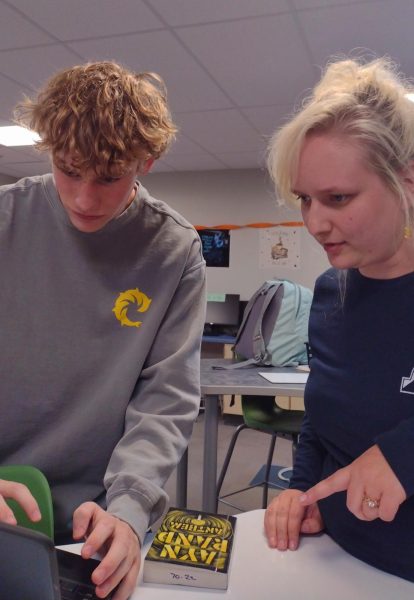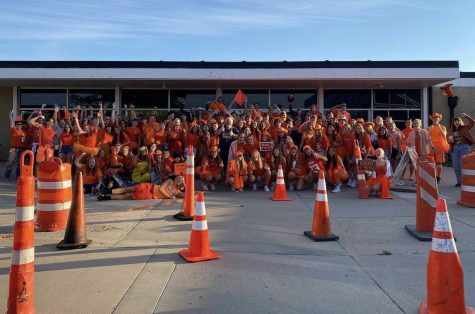Should Students Be Able to Record Their Online Classes?
Working online has been used in many workplaces and schools around the world to help prevent the spread of COVID-19. Students and teachers have started utilizing online conference meetings to speak with others to discuss homework and upcoming plans for the week. Teachers educate students the best they can, using all sorts of online resources to engage students so they learn the material and build community.
Part of the challenge in designing a successful course for students and teachers is anticipating students’ questions and needs ahead of time. Teachers strive to provide the best environment for learning possible, but with so many distractions at home, such as phones, family, or even pets, it can be hard for students to focus and ask questions.
“I can’t tell you how many times I’ve done my homework after class and just not understood what I’m supposed to be learning,” said junior Madison Mestas.
In response to the issue of student engagement, some teachers choose to record their lessons, making them accessible to absent students, didn’t understand the material, or just needed a mental refresher. However, not all teachers choose to do so, so what if a student wants to record the lesson?
On one hand, students can use the recorded lesson to clarify anything that they do not understand, come up with a different question, or ask the teacher to restate a lecture point. Having the ability to record lessons can help students understand the material better and use the recording to rewind and replay the most unfamiliar segments of the lesson.
“When I’ve recorded lessons I’m able to just skip through and go to the part I’m having trouble with, instead of having to sit and watch and wait,” said sophomore Emma Duncan.
On the contrary, students may use the recording to tease other students. Someone might have asked a “stupid” question, or maybe they have something funny in the background that poses an opportunity for the student to be ridiculed. Instances like this can occur amongst friend groups or even be posted on social media, which creates an opportunity for harassment.
“There’s always that time in class when someone asks a question and everyone laughs, you feel bad but there isn’t much you can do,” said junior Conner Douglass.
Before COVID-19, when students were physically sitting in a classroom, the anxiety of being asked a question in fear of being mocked is commonplace. However, switching to online classes did not take this factor away, it merely disguised it behind screens and the ability to mute your mic.
All things considered, allowing students to record their classes depends on the responsibility of the students themselves. Most will use the recording to revise, clarify and study, but there will always be outliers who use it for less productive reasons. The goal always has, and always will be, is getting students to learn the material and to make the best of virtual learning.
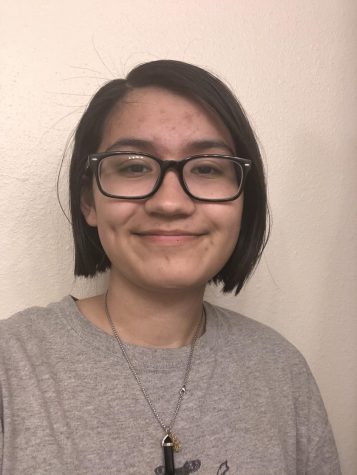
Hi my name is Alicia Daos and Im a junior this year. I'm very excited to be apart of the Jetstream Journal. Something about me is that I've been drawing...



